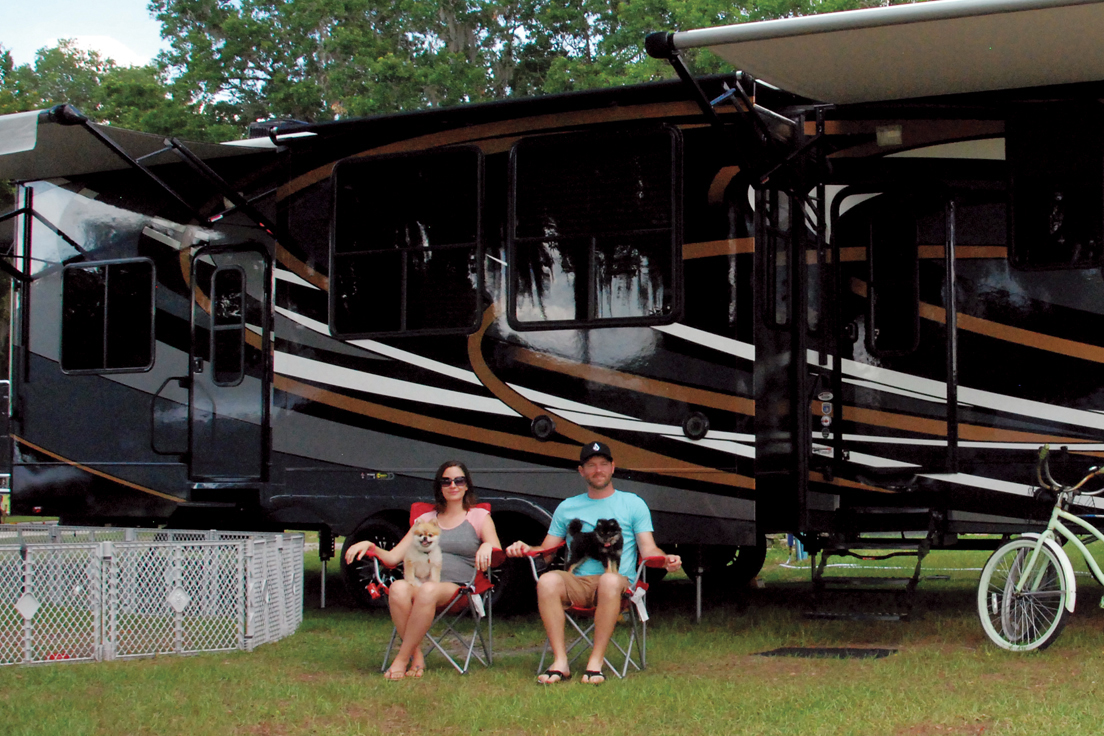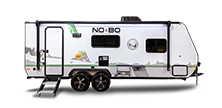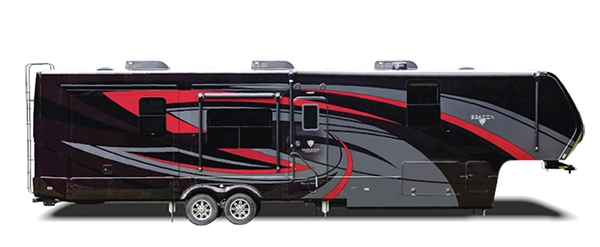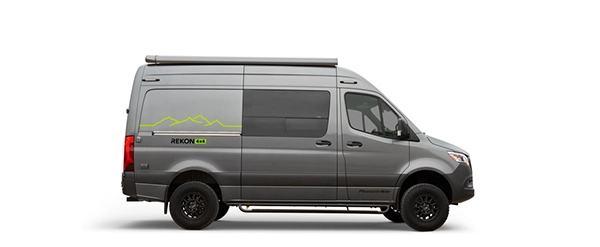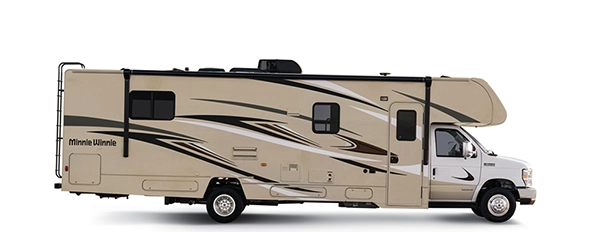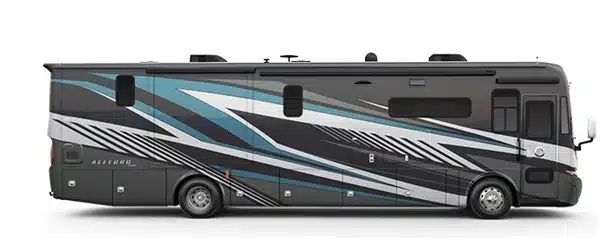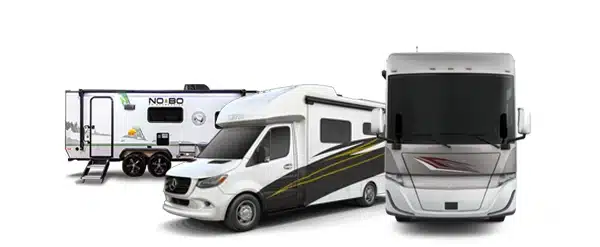De-Winterizing your RV
It seems as if we just had Groundhog Day, which means spring is coming! It’s time to connect in the outdoors with family, friends, or just to be alone in nature. Whatever your reason to travel, there are a few things you’ll need to do before you head out on the open road! Here are our recommendations:
De-Wintering includes:
Physical Inspection
Take off the tarp if you haven’t had it stored in a garage. Take your time and walk all around and up inside the RV. Look for cracked joints, missing caulk or anything that seems out of place.
The most vulnerable spots are the windows and doors. The next spot to check is the roof and the vents. Check your maintenance book for anything that may need to be serviced.
Check Tires and Fluid Levels
When you are checking tire pressure, look for cracks or bulges.
Batteries
Batteries should be cleaned, tested and charged at the beginning of each RV season. Many batteries wires aren’t marked for positive and negative so if you remove any wires make sure you use masking tape to mark them.
Clean Out Your Freshwater Tanks-(De-Winterizing)
If there was any water sitting in storage it could be nasty. Here are some steps to get your tanks ready for use:
• Run 1 cup of Household Beach per 60 gallons of water
• Crank open all the inside water faucets until all the air is bled out and you can smell the odor of the beach coming through
• After about 5 hours drain the water and refill it with fresh water
• Crank open the faucets again, drain the system one last time and you are good to go.
Turn on the Propane
De-Winterizing also includes visual inspection to make sure everything looks OK and there isn’t any visible damage to your tank. Turn on the gas and pay attention for any leaks with an egg gas smell. You can run a soapy water solution to look for any bubbles around valves for leaks. If everything looks good, head in and turn on the stove to test the gas. It may take awhile for air to purge through the lines.
Water Heater
Drain and flush your water heater. Make sure you refill the tank before lighting the burner.
We’ve had cobwebs and other debris get in the way of our water heater working properly. When we turned on the hot water it wouldn’t fire initially and then *BOOM* it would ignite a larger flame to start the heater. We bought a can of air and it worked perfectly to clean out the burner tube but any air compressor should work fine. If this doesn’t fix the problem, BRING IT IN TO A PROFESSIONAL.
Run the Generator
Run the generator under a load for at least an hour. Make sure you check all appliances in the RV to make sure they work properly.
Waste Tank Valves
While connected to a dump station, slowly pull the handles. Valve seals can dry out which makes them stick and can make them hard to operate. Work the handle in and out in short increments until working properly.
Detectors
Check all your smoke and carbon monoxide detectors to make sure they are working properly.
Eric Hannan is a full time RVer and writer.
Check out his RVing Blog at www.shorelooksnice.com


















































